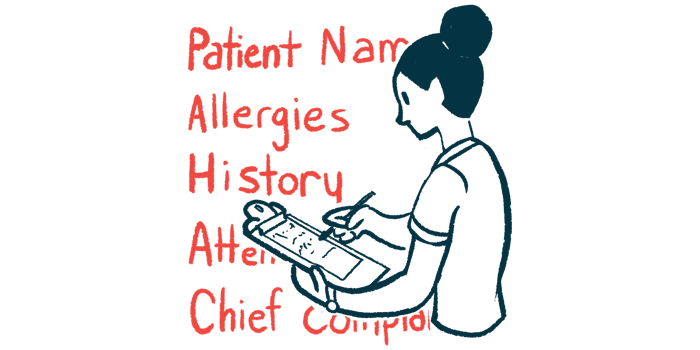Self-screening Tool Developed for Nonwhite CF Populations
Written by |

A new tool has been developed to help people self-screen for symptoms of cystic fibrosis (CF), which may be particularly helpful for identifying the disease in nonwhites — namely in Black, Indigenous, and people of color (BIPOC), populations that are particularly vulnerable to delayed or incorrect diagnoses.
Called the Wright Cystic Fibrosis Screening Tool, it can be accessed for free in English and Spanish by both patients and healthcare providers.
The self-screening tool was developed by a scientist at National Jewish Health in Denver, Colorado, in collaboration with the co-founders of the National Organization of African Americans with Cystic Fibrosis (NOAACF).
“The sooner we get word out about this new tool the better — it could literally save, or change someone’s life,” Jennifer Taylor-Cousar, MD, said in a press release. Taylor-Cousar is co-director for the adult CF program and the interim associate vice president of diversity, equity, and inclusion at National Jewish Health.
Although CF is found in all racial and ethnic groups, it is most common in the white population. Research has shown that newborn screening panels used to identify genetic mutations that cause CF are less effective in nonwhite patients, who may have rarer mutations.
Delayed diagnosis or misdiagnosis could result in treatment delays leading to poorer health outcomes for nonwhite patients.
“The recognition of CF in Black individuals and people of other racial and ethnic backgrounds has been markedly inadequate,” Taylor-Cousar said.
The idea for a self-screening tool to address this problem came when Taylor-Cousar met Terry Wright, co-founder of the NOAACF and a Black CF patient, at the virtual North American CF conference in 2020. Wright’s symptoms had been misdiagnosed as asthma and gastrointestinal problems rather than CF for decades.
“In spite of having multiple symptoms consistent with CF, he and his wife Michele were once told by a physician that he couldn’t have CF — because he is Black, implying that CF is solely a ‘white people’s disease,’” Taylor-Cousar said. “Because of the misdiagnosis, he spent years undergoing surgeries that didn’t help, and spent countless days in the hospital throughout his life.”
Together, Taylor-Cousar and the Wrights developed and presented the concept of a free online CF symptom screening tool to the Cystic Fibrosis Foundation’s (CFF) education committee, who determined it met their standards of an effective screening tool.
The Wright Cystic Fibrosis Screening Tool for patients contains a checklist and description of common CF-related symptoms, including salty skin, breathing difficulty, gastrointestinal problems, and infertility.
Important to note is that while the self-screening tool is designed to identify potential symptoms of CF, it cannot be used to specifically diagnose the disease. After taking the test, patients should take the results to their doctor, who can follow-up with laboratory tests — such as a genetic screen or a sweat test — to confirm a diagnosis.
The tool ultimately will help clinicians identify signs of CF sooner in populations where the disease has been historically misdiagnosed, especially in BIPOC populations.
“Once they have a diagnosis, there are new disease-modifying therapies for CF for which people may be eligible,” Taylor-Cousar said.
Wright and his wife, Michele Wright, PhD, founded NOAACF with the mission to raise CF awareness in the Black community and to advocate for improving racial health disparities, including a lack of representation in clinical trials.







